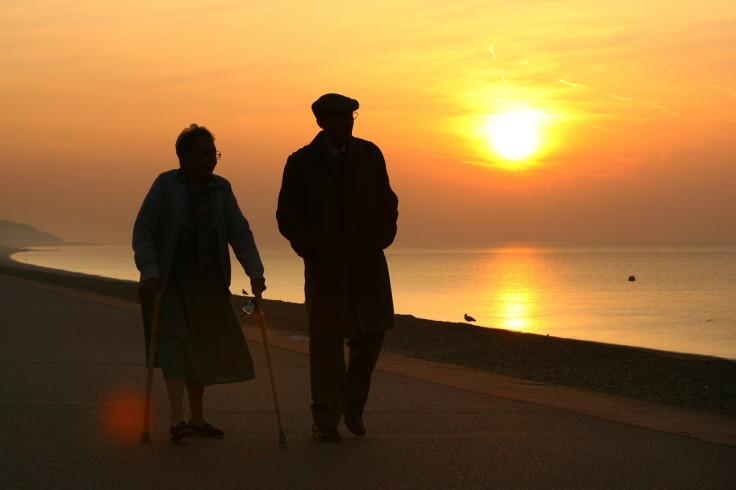Pensions crisis looms as young Brits may be forced to work into their 70s

People face the prospect of working well into their 70s to maintain their standard of living in retirement as longer life expectancies and a lack of savings push the UK towards a pensions crisis, a new report has found.
The study by pension fund manager Royal London found that an average worker making the minimum contributions from the age of 22 would have to work at least until 77 to get the pension their parents enjoy.
This would be called a "total pension", includes a state pension and means getting two-thirds of the person's income before they retired. However even to get a so-called "silver standard" pension or half of the pre-retirement income, the same worker would need to to work until 71.
In central London, where wages are higher, some may have to work to the age of 81 to maintain their standard of living.
Former pensions minister Steve Webb, who is now director of policy at Royal London, said that although many more workers now had workplace pensions, the amounts being paid in are not enough, adding that the days of retiring in your 60s are over.
He told The Sun: "People are going to be working way beyond the age they ever thought they would be – into their late 70s or even in some cases 80, if they're fit enough."
Meanwhile, it emerged that white collar workers may have to wait longer for their pensions than manual workers as a review will look at whether to link payments to differing life expectancies.
The Daily Mail reported that this could mean industrial workers who typically had shorter lifespans, as well as people in areas of lower life expectancy, could claim pensions sooner.
Pensions minister Baroness Altman said that no decisions had been made about changing the standard pension age but longer life expectancies led the Office for Budget Responsibility to suggest it would need to rise to 70 by 2050.
She said she was open to a flexible pension age, telling BBC Radio 4: "Those are the kinds of factors we would need to consider - whether one age is appropriate or whether we would need to look at not just life expectancy on average, but other factors when we're thinking about state pension."
Ben Franklin, from the International Longevity Centre, said a pension age beyond 70 was likely.
"The government's principle is that people should spend a third of their working life in retirement, and life expectancy is going up. But in parts of Glasgow for example, healthy life expectancy is still around 50 years of age.
"For those individuals, raising the state pension age will mean they have to spend longer claiming working-age benefits," he told The Mirror.
The state pension age for women is already rising from 60 to 65 in line with men. It will then rise to 66 for both men and women in 2020 – a move forecast to save the Treasury more than £5bn a year. The pension age is due to rise to 67 from 2026 and is set to hit 68 by 2044.
© Copyright IBTimes 2025. All rights reserved.






















